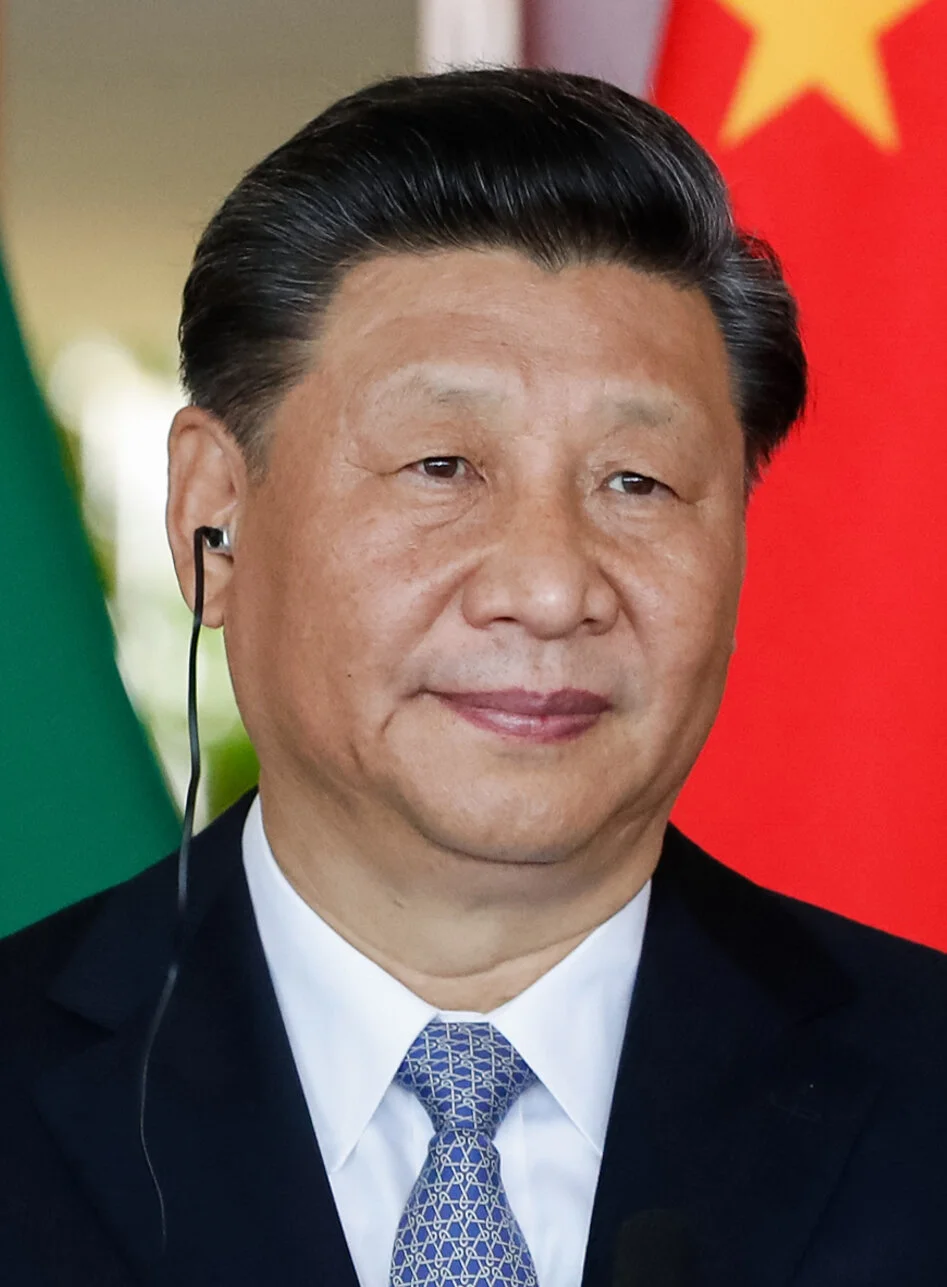A final evaluation of the Trump presidency By John Zogby
I was asked to write a final grade for the Trump presidency. What follows was written entirely before the events that happened on Wednesday.
This was a presidency of consequence, and there were important successes that historians could very well appreciate down the road.
Trump addressed racial inequalities in sentencing and put together a bipartisan coalition to pass the first criminal justice reform in a generation. He delivered on the first in his series of promises to enact significant tax cuts. He presided over substantial economic growth for 3 of his 4 years, removed troops from Afghanistan and Iraq, and brokered detentes between Israel and Bahrain and the United Arab Emirates, creating a new coalition in the region. He filled three vacancies to the Supreme Court, and his 6-3 conservative majority may live on long after he is gone. He also changed many lower court judges with lifetime conservative appointees. He presided over a country that fast-tracked the creation of several COVID-19 vaccines that were partially implemented on his watch.
But there was a dark side to Trump's tenure. For almost his entire administration, he promised disruption, and he either created or allowed chaos to reign supreme. Promising to “drain the swamp,” instead he presided over a record-shattering personal and administrative culture of corruption. He opted for governance via personal needs and hurts, of which there were many. His tweet wars with almost everyone who got in his way were unpresidential, and he enabled Russian influence worldwide. He violated United Nations and global prohibition by moving Israel's capital to Jerusalem and gave his overt blessing to the rapid expansion of Israeli settlements. He alienated longtime allies, and global polling shows U.S. prestige overseas at all-time lows. He ordered immigrants who resided in the United States illegally to be separated from their children and held in separate detention centers. He failed to prevent nuclear program growth in North Korea and Iran. He threw his fellow GOP members of Congress under the bus on the final National Defense Authorization Act and COVID-19 relief bills.
And he pardoned guilty friends, including convicted Blackwater murderers. He refused to recognize early on the potential for the coronavirus pandemic to be serious and disastrous, and he fostered a war against science. He gutted the Environmental Protection Agency and left over 100 toxic sites unattended. He posed the greatest threat ever to U.S. democracy and the election system, and he enabled and actively encouraged the actions and expanded the profile of white supremacists. He promoted crazed conspiracy theories and surrounded himself with fellow believers on the fringes of the political spectrum.
Photo from the White House
Like Bill Clinton, he will be noted for his accomplishments but condemned for his personal morals and behavior. Like James Buchanan, Millard Fillmore, and Franklin Pierce, he will be judged for inaction and taking the wrong sides in a crisis. Like Andrew Johnson, he will be excoriated for his awful demeanor in public and private. Like Andrew Jackson, he will be rebuked for his vitriolic racism. Like Warren Harding, he will be criticized for the poor ethics of those with whom he relied upon for loyalty and advice. And like no one else, he will be judged as a narcissist, lacking in human empathy, a demagogue who cared only about himself, and as a man who could not accept defeat even at the price of destroying anyone who stood in his way.
Others failed in the eyes of historians because they made mistakes or failed to act. Trump's time in office was an activist one — he sought and succeeded in undoing things. For the best possible historical parallel, we may need to go beyond the Atlantic and look at a fellow ginger, no less than Henry VIII of England, who possessed all of Trump's flaws, ultimately ruled by paranoia, left his nation in civil and religious conflict, and ruined his legacy.
So, in the time-honored question from Ronald Reagan, I ask, “Are (we as a nation) better off than we were four years ago?” And also: Is Trump personally better off than he was four years ago? The answers to both are “no.”
In the end, Trump may have had some successes as a president. But in the end, he failed the presidency. And then, the events of Wednesday occurred.
John Zogby (@TheJohnZogby) is the founder of the Zogby Poll and Zogby companies, including John Zogby Strategies, and author of We Are Many We Are One: Neo-Tribes and Tribal Analytics in the 21st Century America.






